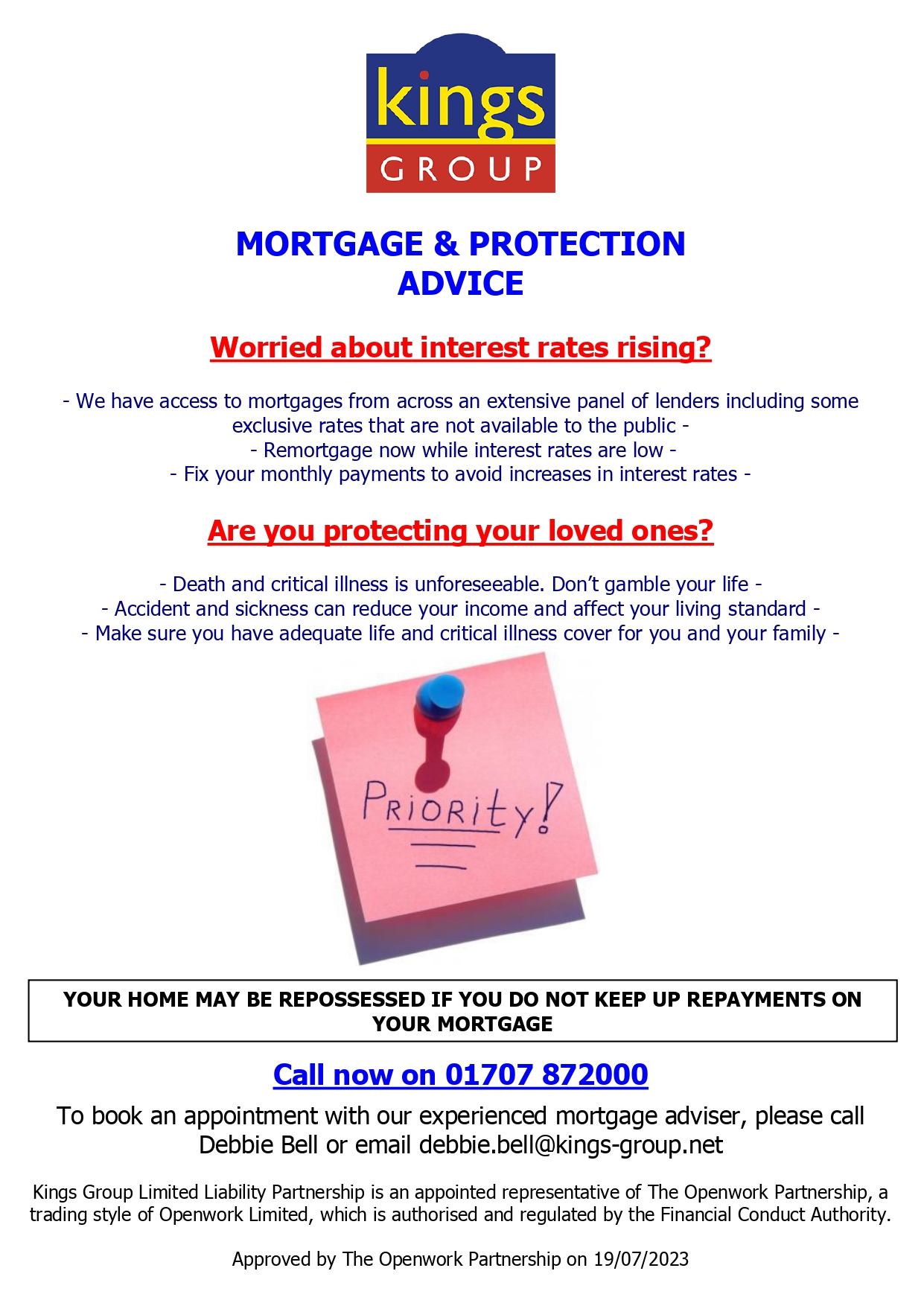The home moving process is inundated with technical terms and jargon that property buyers and sellers may find confusing – two of them being gazumping and gazundering.
These peculiar terms are extremely important in the realm of house purchases, and have become more prominent over recent months, with people calling for gazumping to be made illegal as of late.
Here at Kings Group, we explain these terms, how they can affect the home moving process and what buyers and sellers can do to lessen the chances of falling victim to them.
What is gazumping?
Put simply, gazumping occurs when a property seller accepts the buyer’s offer but then rejects it before the exchange of contracts in order to accept a higher offer from another buyer.
Gazumping can be devastating for the initial buyer as they must either accept the new higher price to surpass the other offer or withdraw from the transaction altogether.
Sellers are able to do this because verbal agreements are not legally binding. The written contract isn’t drawn up until relevant legal checks have been carried out – which can take as long as three months after the verbal acceptance.
Because of this, buyers are at risk of being gazumped and losing any money they’ve spent on fees so far, such as survey costs, conveyancing fees and mortgage arrangement fees.
While not widely understood across the housing market, gazumping is becoming far more common, with 39% of buyers admitting they had to outbid an existing buyer whose offer was already accepted to buy their home.
What is gazundering?
Conversely, gazundering happens when a buyer has made an offer that has been accepted by the seller, but then revokes the offer to make a lower bid before contracts are signed.
Buyers who gazunder do so because they know the seller is in a weaker position. Since this can collapse an entire chain of property sales, the buyer hopes that the seller will accept the lower offer to avoid remarketing the property and starting from scratch.
This might also be because the seller may have removed the property from the market, or they may be in a chain themselves.
Gazundering has become a popular practice in recent years as the property market remains volatile. A 2019 study found that around 45% of people were concerned about gazundering, but this percentage has likely risen in the face of the pandemic.
Can gazumping and gazundering be prevented?
Prevention is always better than cure, and home movers will need to be wary of any signs that these unethical tactics may occur.
For instance, a buyer is less likely to be gazumped if the seller is part of a chain, as the seller wouldn’t want to put their own purchase at risk if the sale collapses.
To offset the chances of this happening, though, buyers will need to speed up the process by obtaining a mortgage in principle, finding a soliciting conveyancer in advance and lining a surveyor up quickly.
It also helps to get a lock-in agreement – also known as a preliminary, lock-out or exclusivity agreement – to ensure the seller does not negotiate with any other parties within a fixed period. This will allow buyers to arrange their mortgage without the fear of being gazumped.
Equally, a buyer is unlikely to gazunder the seller if they are emotionally invested in completing the transaction – especially in such a competitive market.
Sellers can lessen the risk of being gazundered by choosing a chain-free buyer, as they are more likely to move on quickly, and setting an exchange date as soon as possible to keep all parties focused on a shared goal. Being transparent throughout the process will also build a strong rapport.
Speed is vital on both occasions, and the faster you complete the transaction, the less likely it is that gazumping and gazundering will disrupt the process. This also gives both parties less time to introduce changes in the price.
To fully allay the chances of being gazundered or gazumped, you need to work with an experienced, reputable estate agent. Here at Kings Group, we can help you to remain compliant and get the most from the sale of your home as a result.
For more information on how we can assist you on your sales journey, please contact one of our branches in Essex, London or Hertfordshire today. We also offer a free and instant online valuation to give you an idea of how much your home could be worth on the current market.
